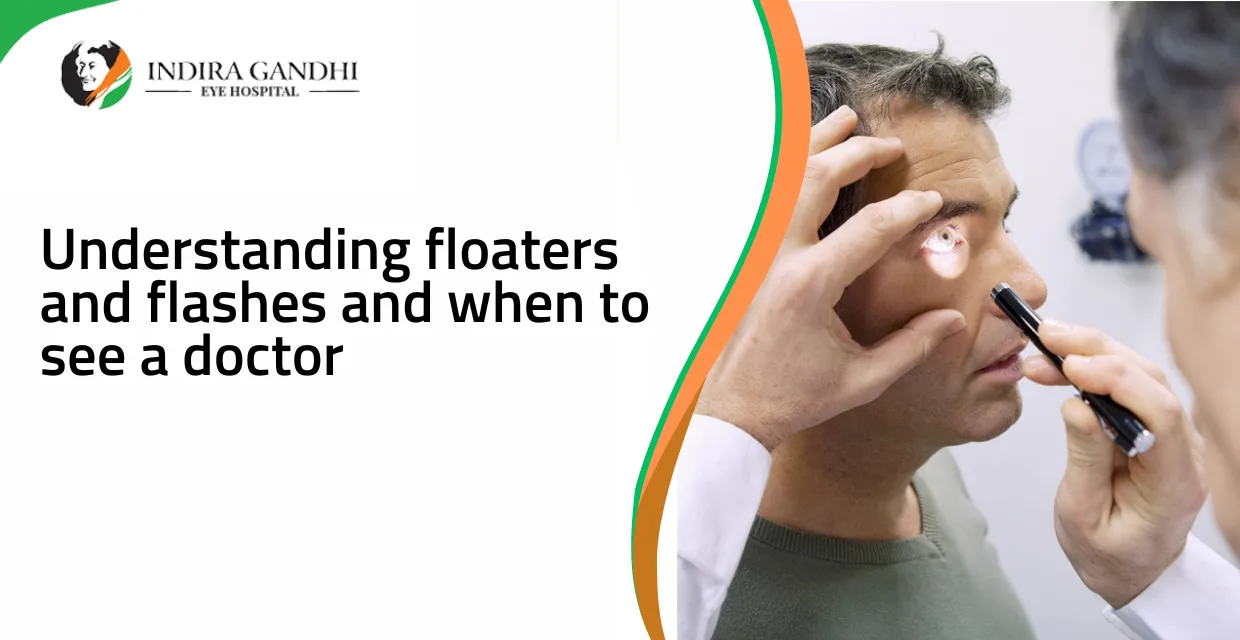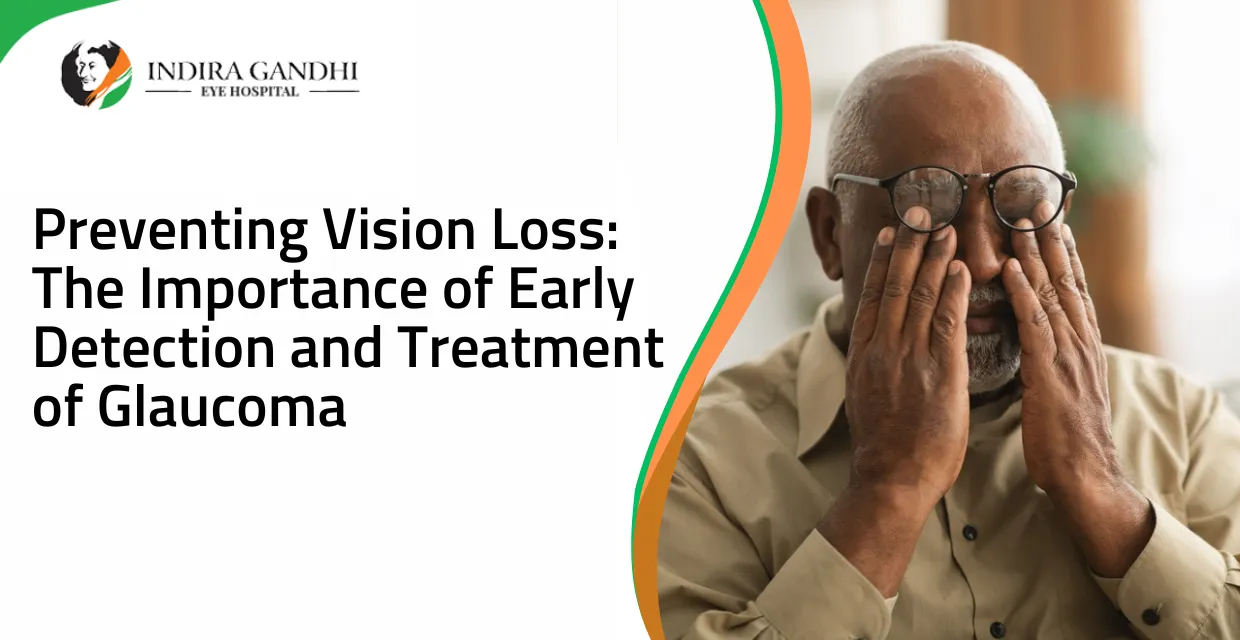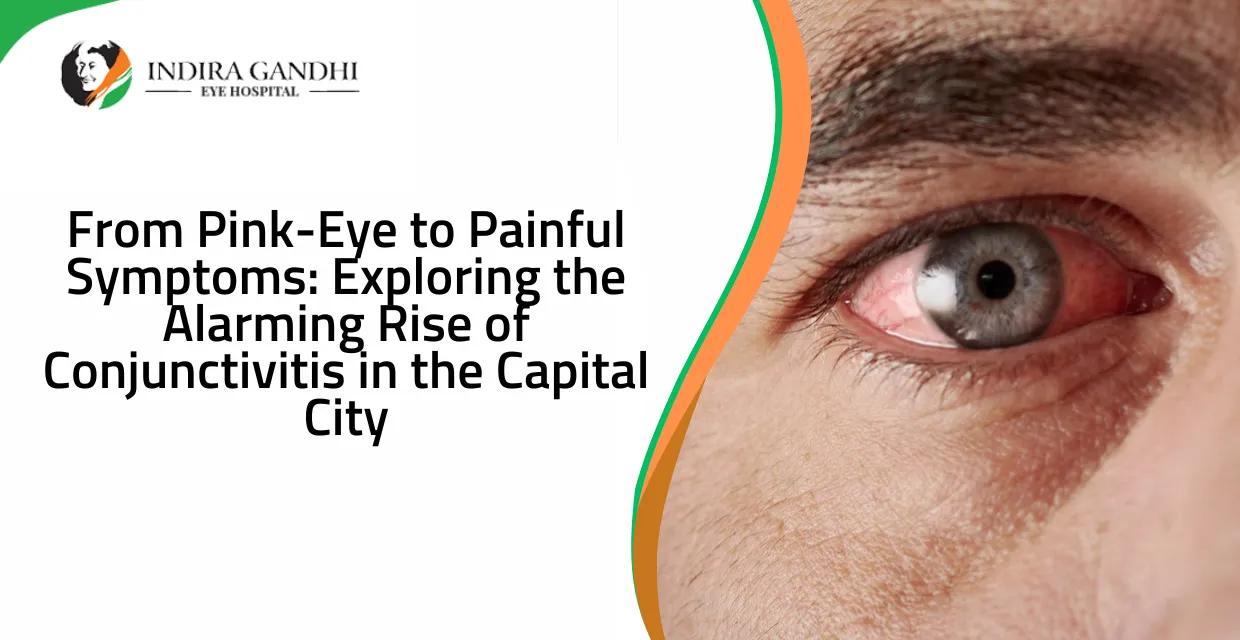Floaters and flashes are common eye symptoms that can be caused by a variety of factors. While they are often benign, it is important to understand when these symptoms may indicate a more serious underlying condition and when to see a doctor.
Floaters are small spots, specks, or shapes that appear to float in your field of vision. They are caused by small clumps of cells or fibres in the vitreous, a gel-like substance that fills the inside of the eye. Floaters are most noticeable when you are looking at a plain, light-coloured background, such as a clear blue sky or a white wall.
Flashes are brief, bright flashes of light that may be seen in the corner of the eye or across the entire visual field. Flashes are often caused by the vitreous tugging on the retina, the light-sensitive layer at the back of the eye.
Both floaters and flashes are common and usually benign, particularly in people over the age of 50. However, in some cases, they may be a sign of a more serious underlying condition.
It is important to see a doctor if you experience floaters and flashes that are:
Sudden and severe: If you experience a sudden onset of floaters and flashes, it may be a sign of a retinal detachment, a serious condition when the retina becomes separated from the back of the eye. A retinal detachment can lead to vision loss if left untreated.
Accompanied by other symptoms: If you experience floaters and flashes along with other symptoms, such as a loss of vision, eye pain, or double vision, it is important to see a doctor as soon as possible. These symptoms may be a sign of a more serious underlying condition.
Persistent or worsening: If your floaters and flashes are persistent or worsening over time, it is important to see a doctor. While floaters and flashes are often benign, persistent or worsening symptoms may indicate a more serious underlying condition.
It is also important to see a doctor if you have a family history of retinal detachment or other eye conditions that may increase your risk of floaters and flashes.
In conclusion, floaters and flashes are common eye symptoms that are often benign, particularly in people over the age of 50. However, it is important to see a doctor if you experience floaters and flashes that are sudden and severe, accompanied by other symptoms, or persistent or worsening. By understanding when to seek medical attention, you can help to protect your eye health and maintain good vision. If you have any questions or concerns about floaters and flashes, don't hesitate to speak with your eye doctor. At Indira Gandhi Eye Hospital, our team of experienced eye doctors is dedicated to helping you achieve and maintain optimal eye health.




